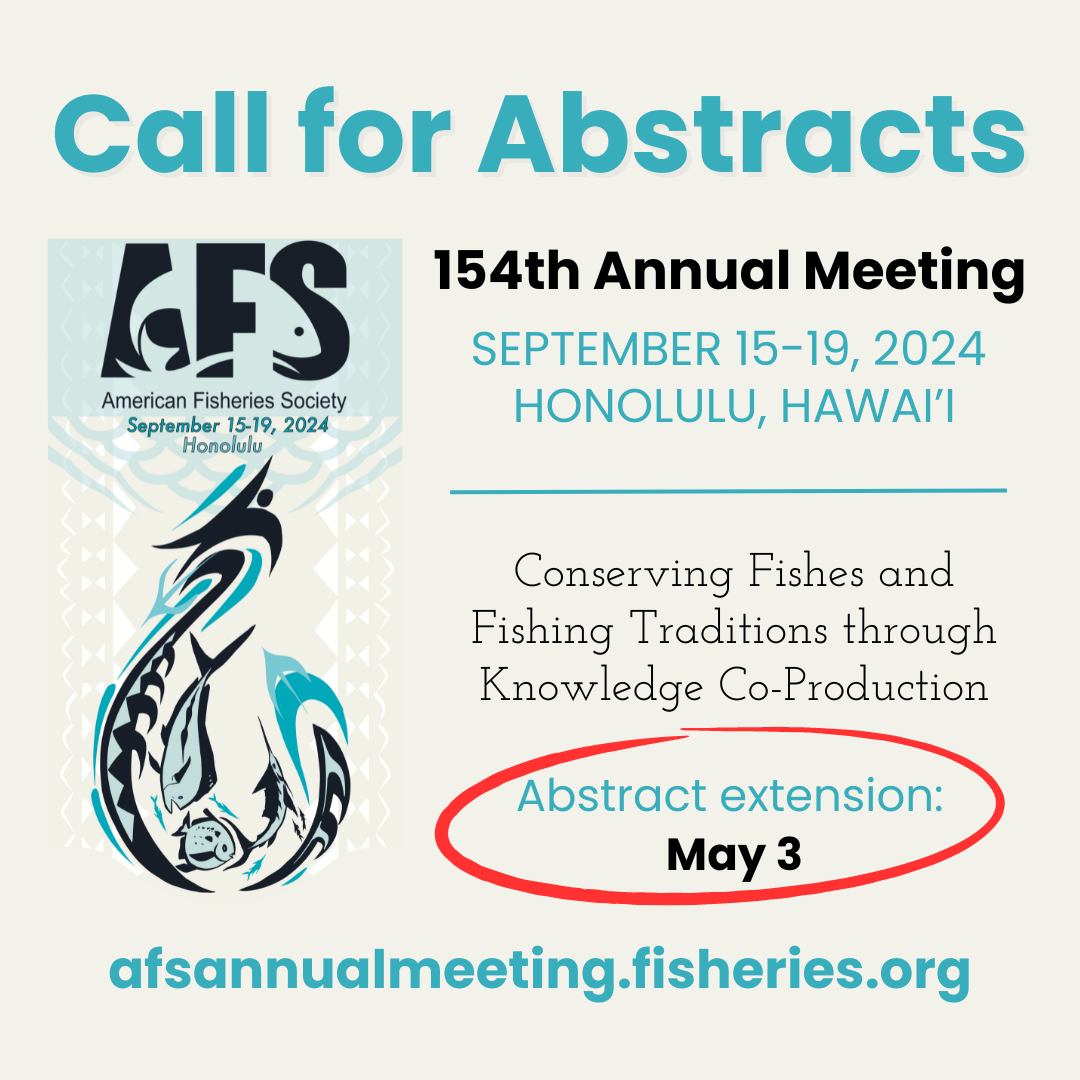| Abstract | Much like cultivating a successful garden, establishing FWC’s Freshwater Fisheries Long-term Monitoring (LTM) Program required commitment, planning, preparation, and continual maintenance. We will use this garden analogy to walk through the process, from vision to visionary as we look forward to the upcoming 15th season and beyond. Prior to its implementation, fisheries data collection varied by region and had little scientific basis. Efforts often focused on single species sampling and data were stored locally. The LTM Program was designed to standardize data collection across statewide freshwater fisheries resources and establish a scientifically sound dataset that could be used to inform research and management decisions, promote collaboration, and provide the public with better access to information about their natural resources. What started with a focus on fish data for lentic systems has now expanded to include lotic systems and aquatic habitat data. With over 3 million data points recorded to date, FWC has emerged as a leading resource for freshwater fisheries-related information and has played an important role in advancing freshwater fisheries science. In addition to the work being done by agency staff, LTM data have also been requested for use by a wide variety of outside groups throughout North America. None of this would be possible without the dedicated efforts and investment of team partners and staff. Funding shifts, published research findings, technological advances, and changes in agency directives will continue to influence how the program evolves and grows over time. We have realized from the past 14 seasons that although the landscape may change, the process and vision remain solidly rooted. If we continue to put forth efforts to work together and cultivate this program, we will undoubtedly reap the rewards from having a scientifically sound long-term dataset.
|
|---|





